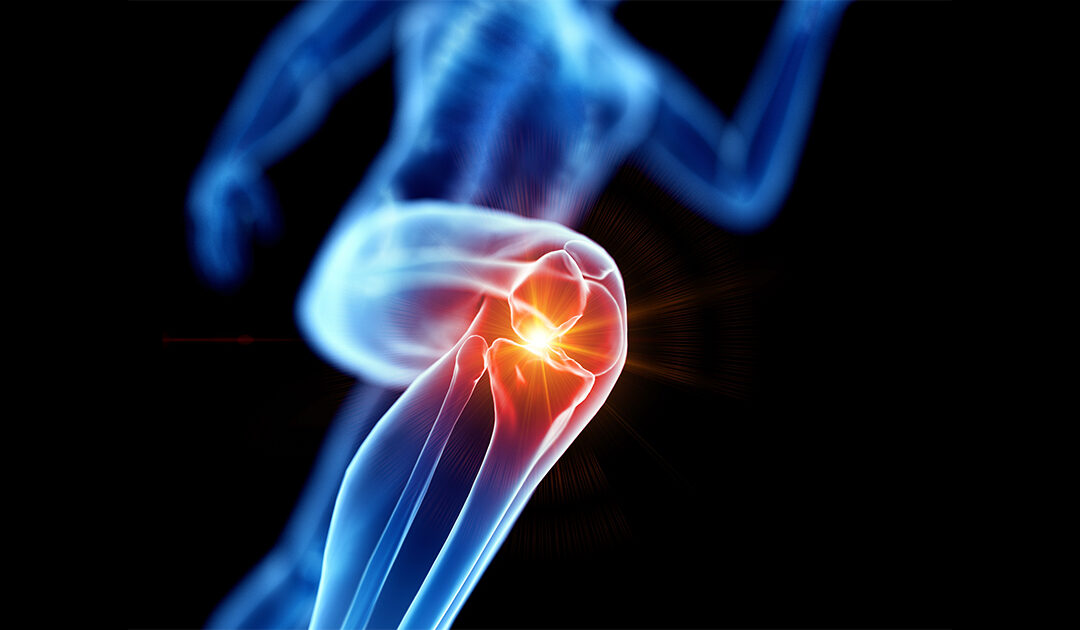
by Comprehensive Orthopaedics | May 19, 2020 | Anti-aging, Knee, pain, Wellness
TUESDAY, May 12, 2020 (HealthDay News) — People at high risk for knee arthritis don’t need to avoid jogging and other types of vigorous exercise, a new study suggests. Some folks hold back on physical activity because they fear it will increase their...

by Comprehensive Orthopaedics | May 11, 2020 | Wellness
The physicians here at Comprehensive Orthopaedics are resuming orthopedic surgery and in-office care, along with keeping with Telehealth appointments when needed. Patients seeking remote consultation for bone, joint and muscle problems, please call 262-764-5595! Our...

by Comprehensive Orthopaedics | May 6, 2020 | arthritis, pain, Wellness
How do you know if your joint symptoms mean you have arthritis? Only a health care professional can tell you for sure, but certain signs usually point to arthritis. There are four important warning signs that should prompt you to talk to a health care provider....



